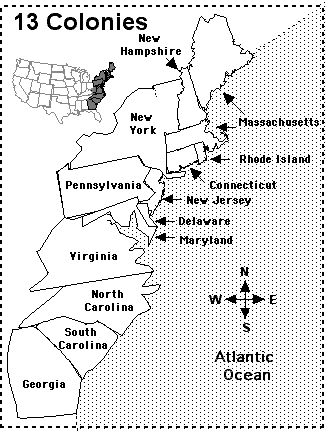On April 4, 1609, Henry Hudson, an English explorer in the employ of the Dutch East India Company, departed Amsterdam in command of the ship Halve Maen. On September 3 he reached the estuary of the river that initially was called the "Mauritius" and now carries his name. He was not the first to discover the estuary, though, as it had been known since the voyage of Giovanni da Verrazzano in 1524. Hudson sailed into the upper bay on September 11, and the following day began a journey up what is now known as the Hudson River. Over the next ten days his ship ascended the river, reaching a point about where the present-day capital of Albany is located. While exploring the river, Hudson had traded with several native groups, mainly obtaining furs. His voyage was used to establish Dutch claims to the region and to the fur trade that prospered there when a trading post was established at Albany in 1614.
In 1540 French traders from New France built a chateau on Castle Island, but due to flooding it was abandoned the next year. In 1614, the Dutch under the command of Hendrick Corstiaensen, rebuilt the French chateau, which they called Fort Nassau. Fort Nassau was the first Dutch settlement in North America, and was located along the Hudson River in present-day Albany. The fort was a small fortification which served as a trading post and warehouse. Located on the Hudson River flood plain, the rudimentary "fort" was washed away by flooding in 1617, and abandoned for good when Fort Orange (New Netherland) was built in 1623.
A surprise attack with overwhelming force allowed the English to conquer New Netherlands in 1664; lenient terms of surrender most likely kept local resistance to a minimum. The colony and city were both renamed New York (and "Beverwijck" was renamed Albany) after its new proprietor, James II of England, who was the Duke of York and Duke of Albany at the time. The population of New Netherland at the time of English takeover was 7,000–8,000.
REFERENCE: http://en.wikipedia.org/wiki/History_of_New_York#Dutch_and_British_colonial_period


No comments:
Post a Comment